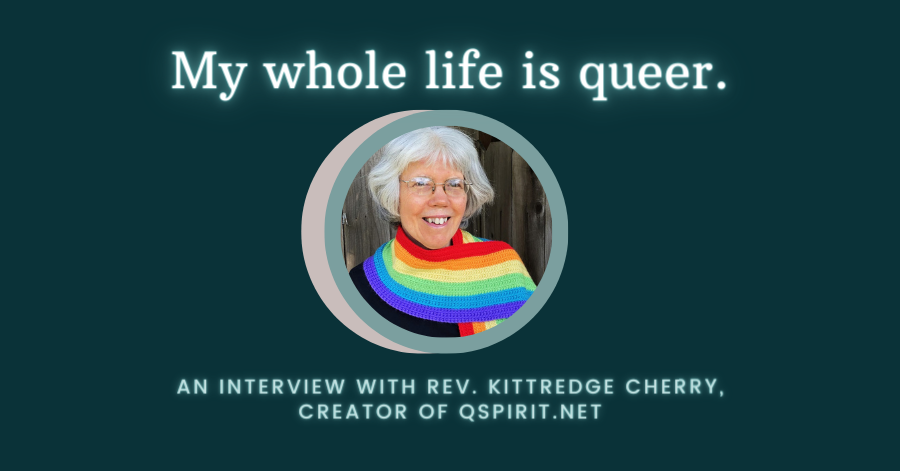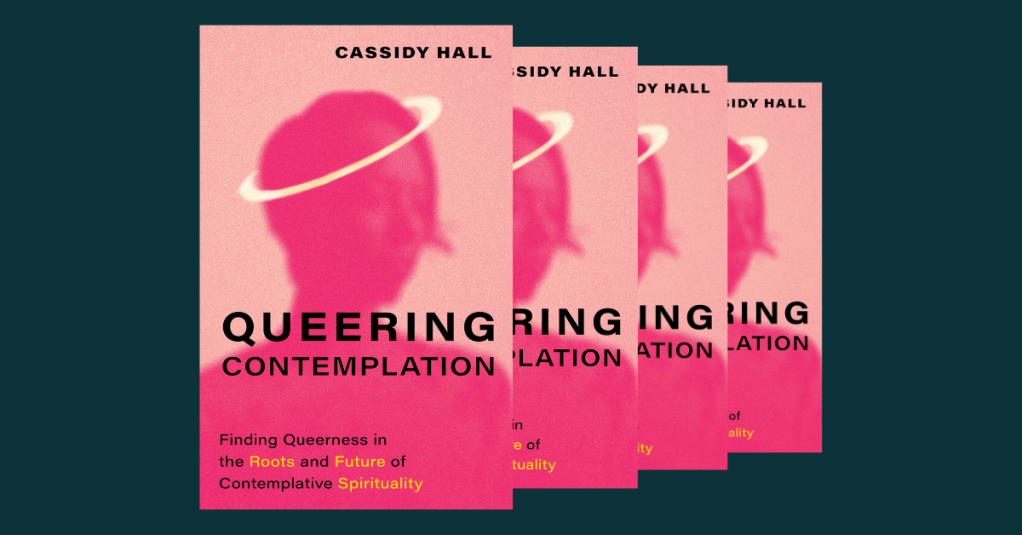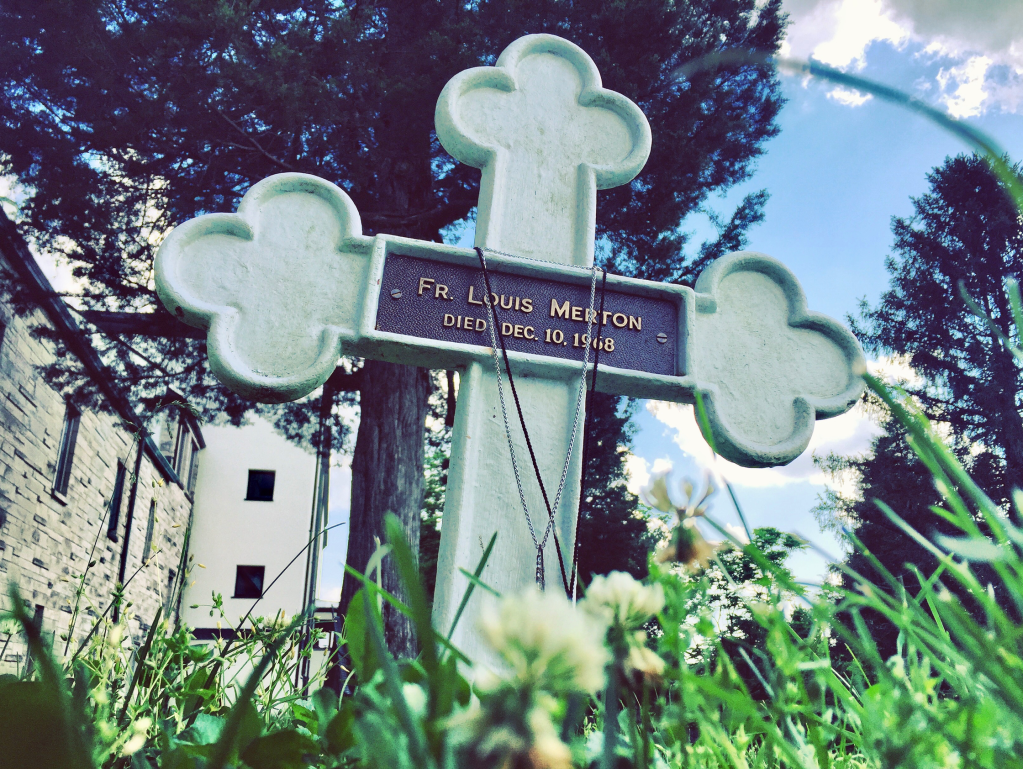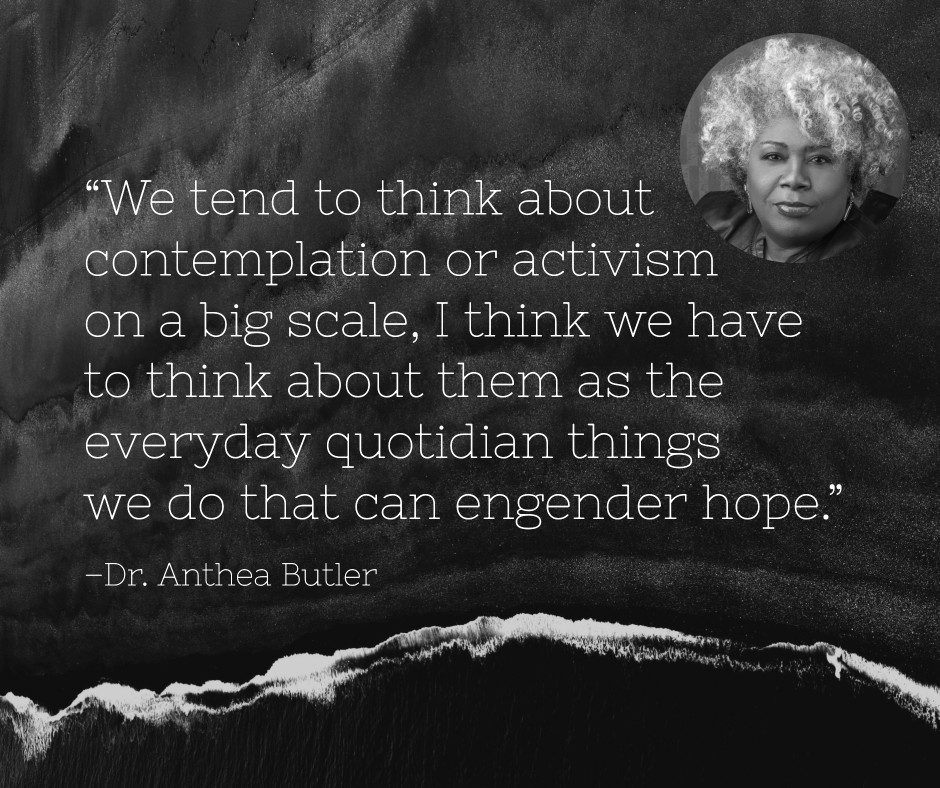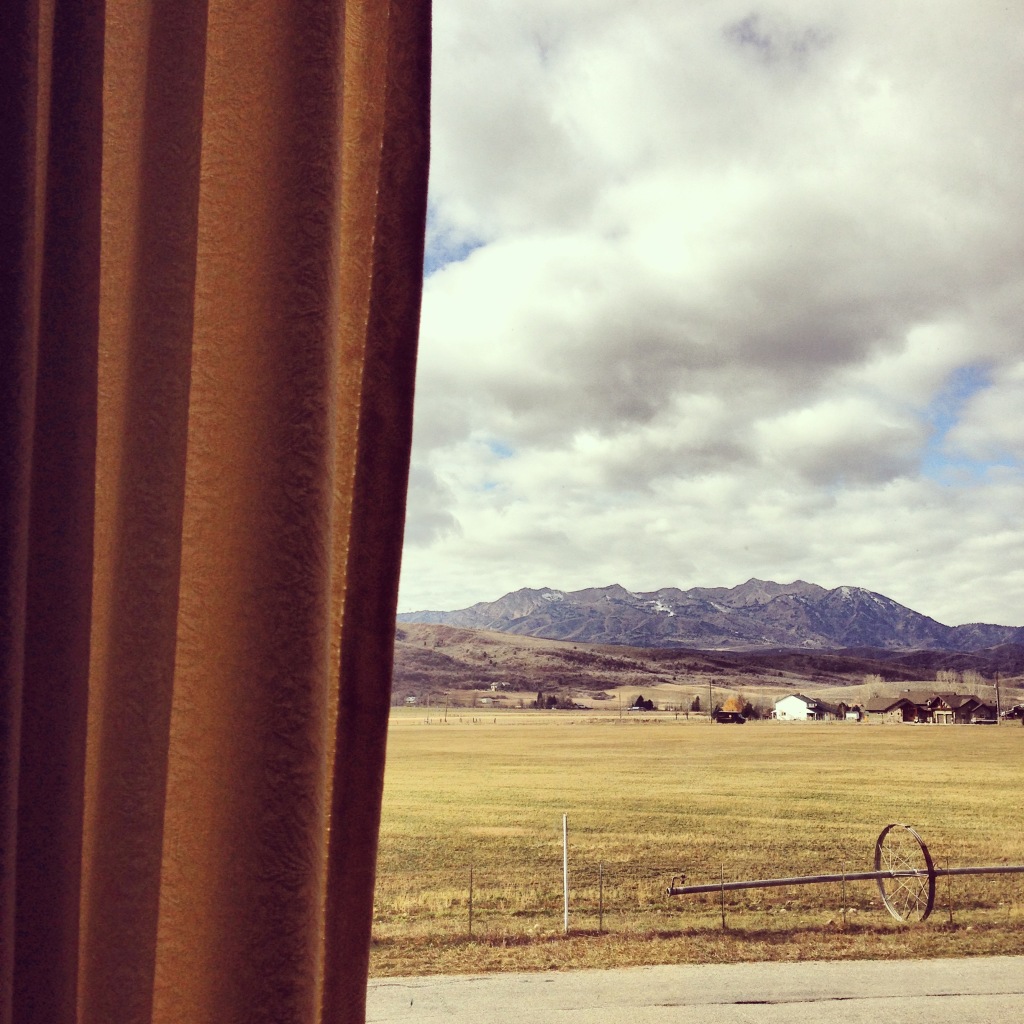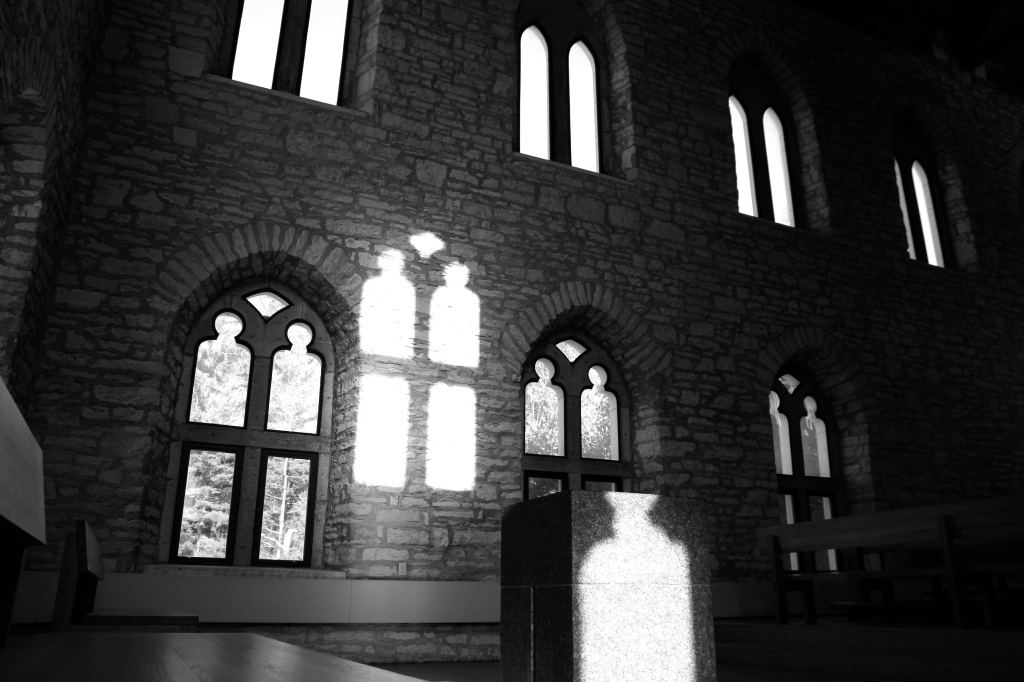monastery
-

Solitude in a Toolshed
Although the hunt for more solitude was a pattern in Merton’s life, the sense of “arrival” was palpable for him in rat-infested toolshed
-

The Way of Love; The Way of the Outlaw
The one whose vocation is love lives in a narrative that is controlled by reality.
-

“Cassidy Hall found silence in an Iowa monastery and brought her discoveries to a new documentary” Des Moines Register
“A cricket chirped in the monastery’s library. That and the swish of a turned page, Thomas Merton’s “New Seeds of Contemplation,” was about it for sound. Cassidy Hall stopped on page 81. Merton did not write on the absence of sound on that page but the abyss of solitude in the soul: “You do not…

